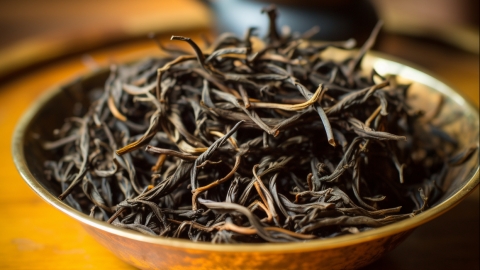Can tea be consumed together with vitamin E?
Vitamin E is commonly available in tablet and capsule forms. Generally, it is not recommended to consume tea together with vitamin E, and medications should be used under the guidance of a doctor. The detailed analysis is as follows:

Tea contains abundant tannins, caffeine, and other substances. When ingested together with vitamin E, these components may trigger chemical reactions that affect the absorption and utilization of vitamin E. As a fat-soluble vitamin, vitamin E needs to be absorbed in the intestine along with dietary fats. Tannins in tea may bind with vitamin E to form compounds that are difficult for the body to absorb, thereby reducing the bioavailability of vitamin E.
In addition, the caffeine in tea has certain stimulating properties that may irritate the gastrointestinal tract and disrupt its normal function, further impairing the absorption of vitamin E. Moreover, caffeine may accelerate the metabolism and excretion of vitamin E in the body, shortening its retention time and diminishing its effectiveness.
Therefore, to ensure optimal absorption and utilization of vitamin E, it is advisable to avoid taking vitamin E supplements with tea. If vitamin E supplementation is needed, it is recommended to take the supplement at a different time—either before or after drinking tea—to minimize any potential interactions.




